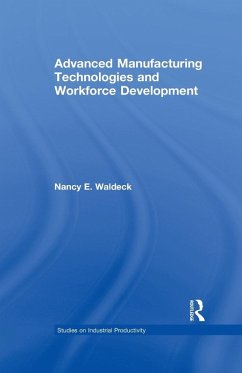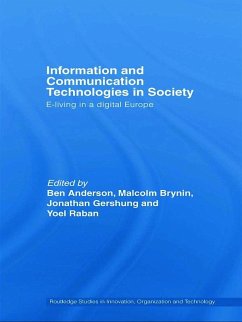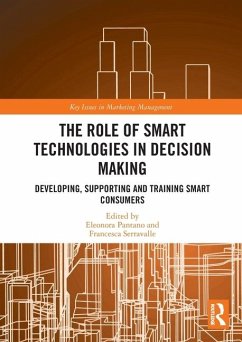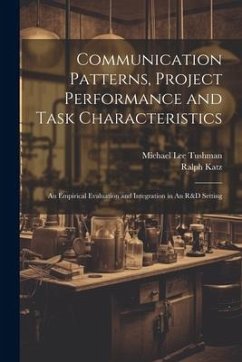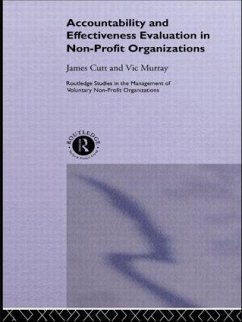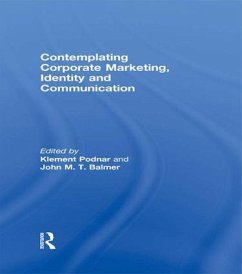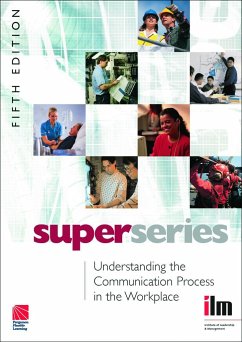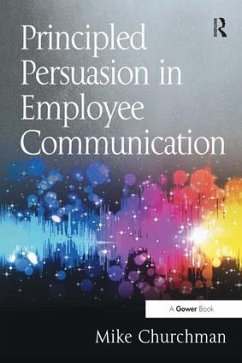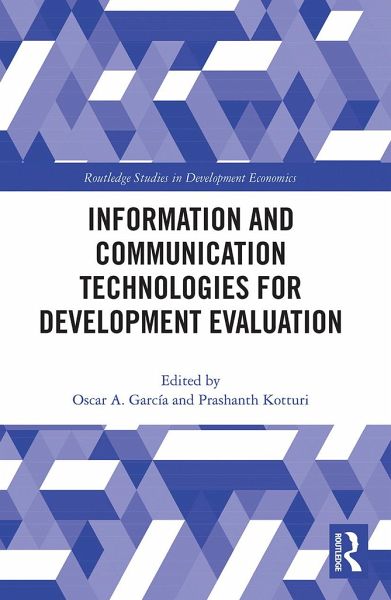
Information and Communication Technologies for Development Evaluation
Versandkostenfrei!
Versandfertig in 1-2 Wochen
55,99 €
inkl. MwSt.
Weitere Ausgaben:

PAYBACK Punkte
28 °P sammeln!
Written by a team of expert practitioners at the Independent Office of Evaluation of International Fund for Agricultural Development (IFAD), this book gives an insight into the implications of new and emerging technologies in development evaluation. Growing technologies such as big data analytics, machine learning and remote sensing present new opportunities for development practitioners and development evaluators, particularly when measuring indicators of the Sustainable Development Goals. The volume provides an overview of information and communication technologies (ICTs) in the context of e...
Written by a team of expert practitioners at the Independent Office of Evaluation of International Fund for Agricultural Development (IFAD), this book gives an insight into the implications of new and emerging technologies in development evaluation. Growing technologies such as big data analytics, machine learning and remote sensing present new opportunities for development practitioners and development evaluators, particularly when measuring indicators of the Sustainable Development Goals. The volume provides an overview of information and communication technologies (ICTs) in the context of evaluation, looking at the theory and practice, and discussing how the landscape may unfold. It also considers concerns about privacy, ethics and inclusion, which are crucial issues for development practitioners and evaluators working in the interests of vulnerable populations across the globe. Among the contributions are case studies of seven organizations using various technologies for data collection, analysis, dissemination and learning. This valuable insight into practice will be of interest to researchers, practitioners and policymakers in development economics, development policy and ICT.





